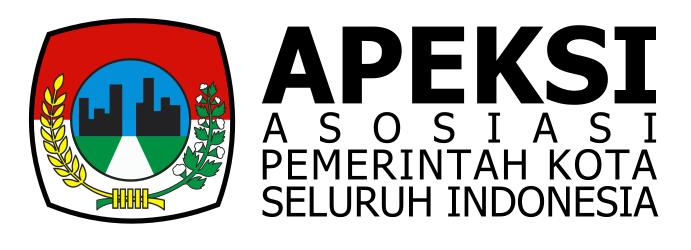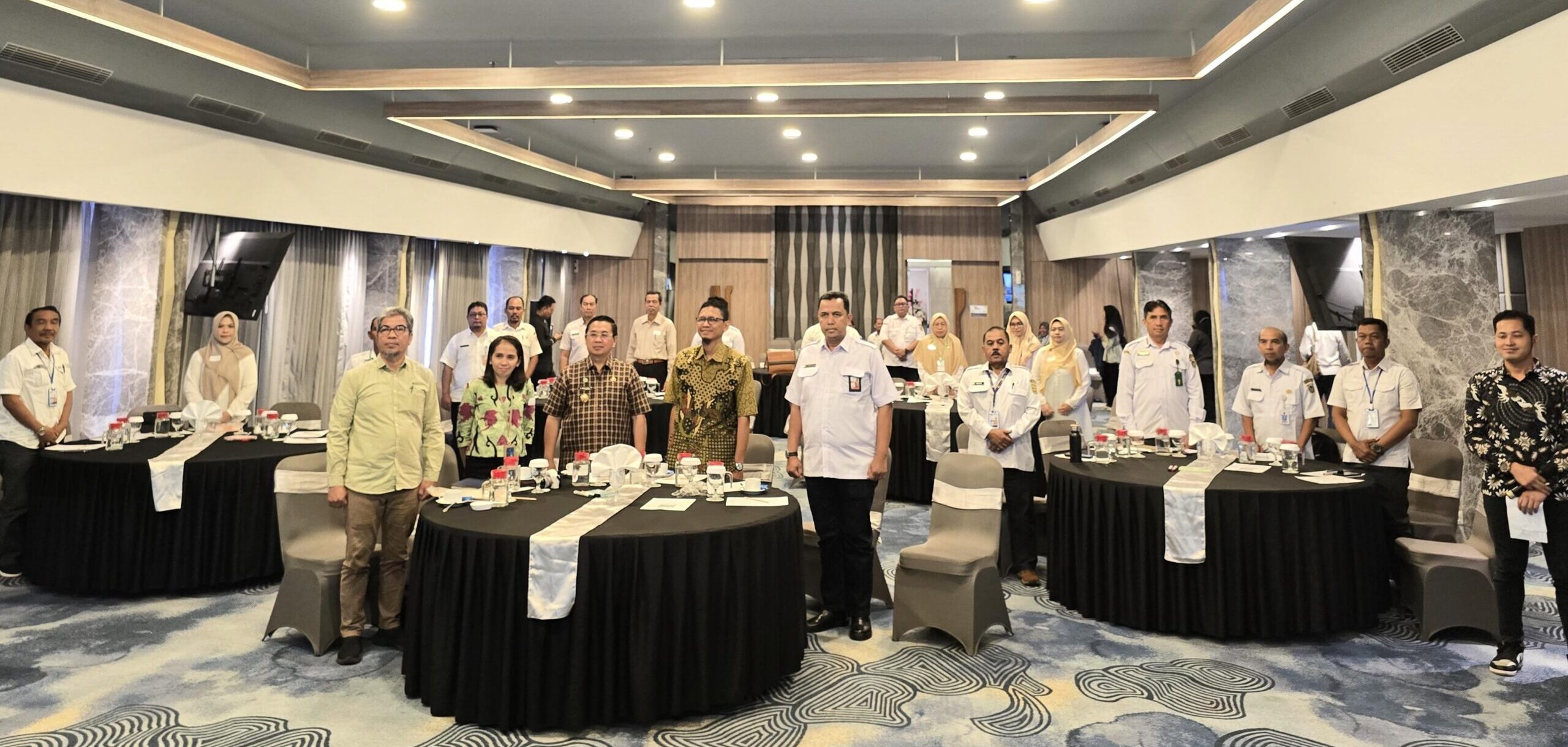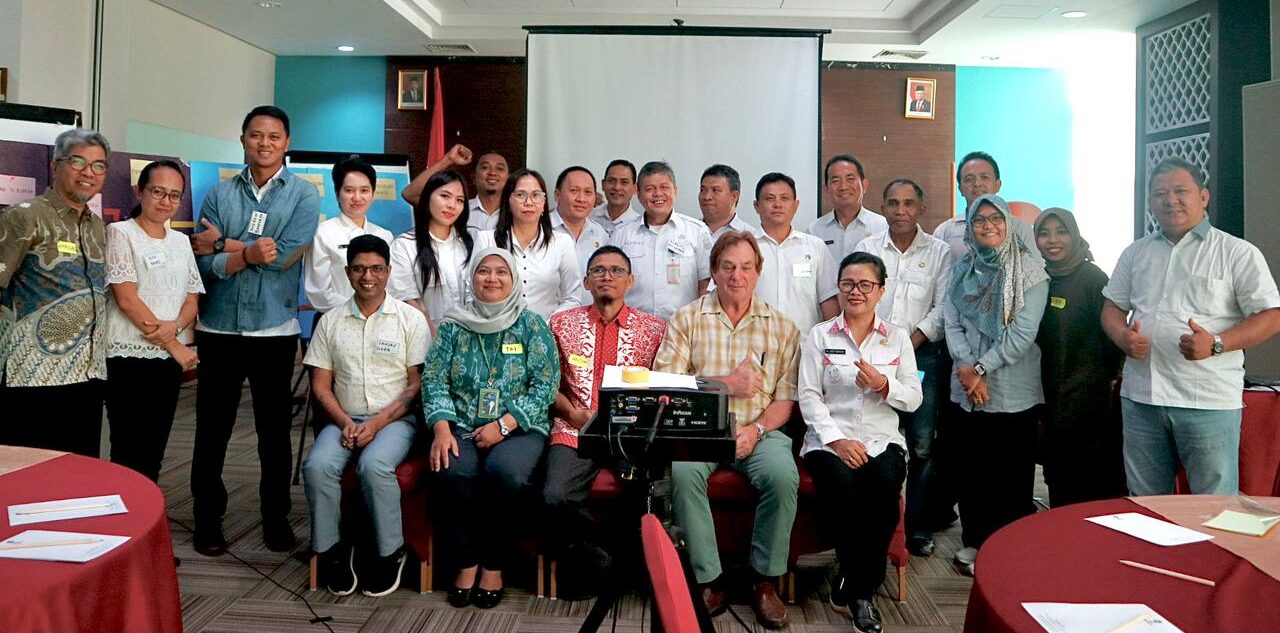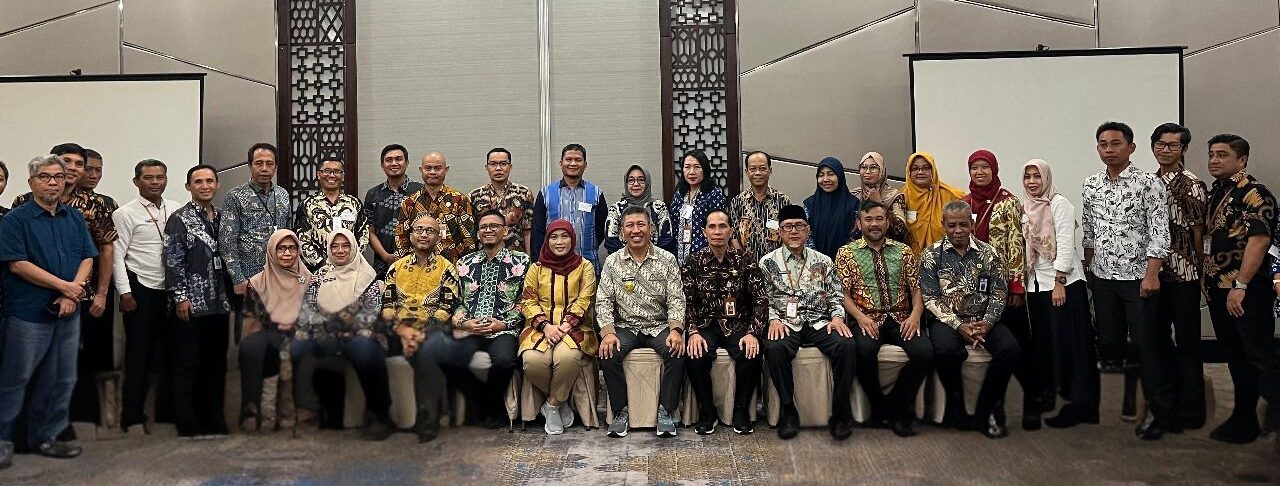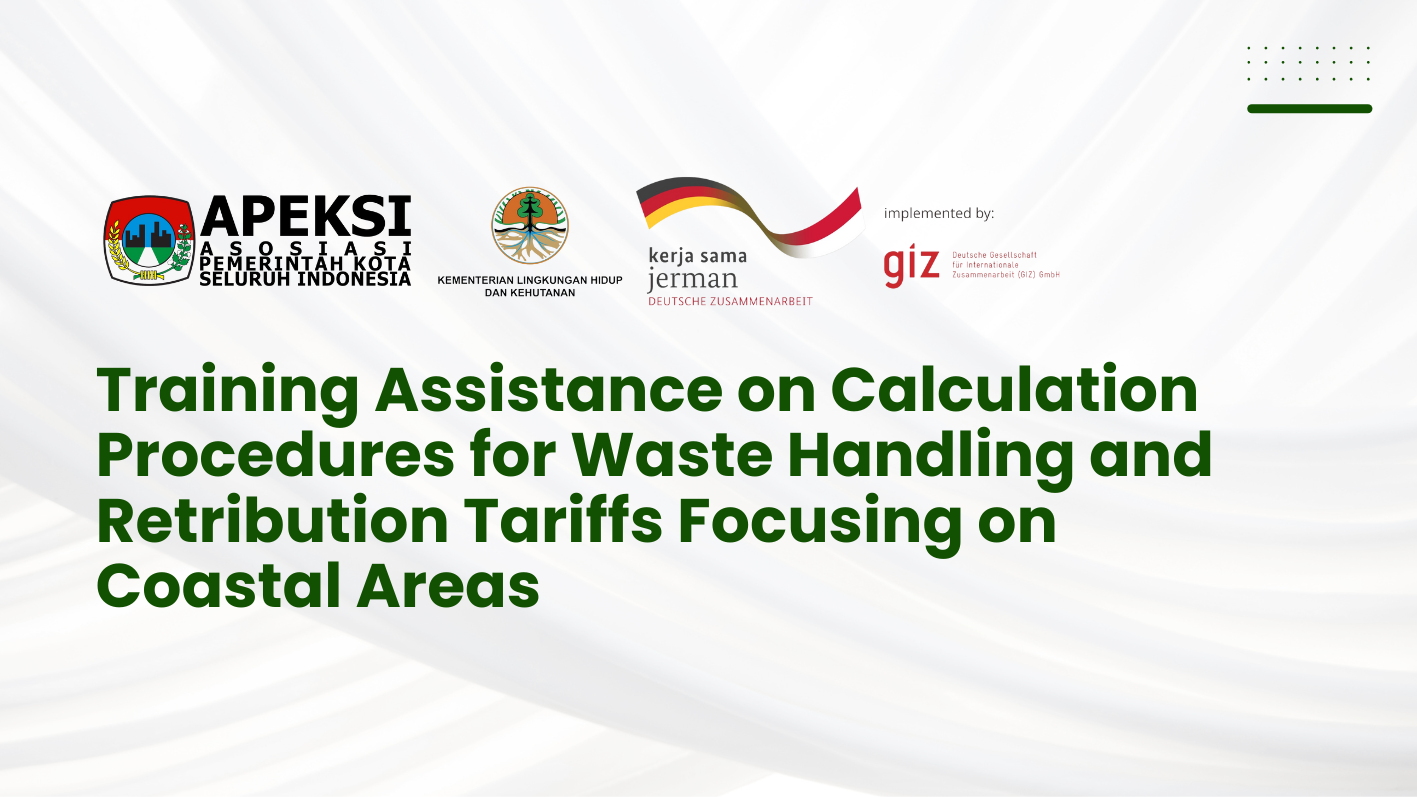
Plastic is one of the most common types of solid waste produced by households. Currently, Indonesia produces more than 60 million tons of waste annually, but more than half of it is not managed properly. Collection and processing of plastic waste in many cases follows the method of household waste management, especially its handling. Some types of plastic can be recycled and may still be valuable in the recycling market. However, the price of recycling can also depend heavily on the costs incurred by collectors and pickers to obtain the material. Another challenge is that although there is a significant volume of plastic waste that can be used as raw material for the recycling industry; poor waste collection due to lack of financial contribution from the community and households has led to not only waste leakage but also inadequate supply, thus affecting the price of recycled materials.
The 2016 National Medium-Term Development Plan (RPJMN) noted that the percentage of households with access to a well-managed waste system in urban areas is less than 60% for handling and slightly more than 1% for reduction. This figure is still far from the urban infrastructure target in the 2020-2024 RPJMN, which also targets urban areas to achieve a 20% reduction (including recycling) in waste generation and at least 80% collection and management of remaining waste. Waste management is the responsibility of the regional government (Pemda). However, the fulfillment of this service has not been optimal due to limited allocation and availability of the APBD, the capacity of the regional government to provide services effectively, and community behavior that still needs to be improved.
In order to increase the level of waste collection and the fulfillment of services that ultimately reduce the potential for leakage into the environment, and ensure the eligibility of recycled materials, it is important for district/city governments that are authorized to regulate household waste management to have the capacity to calculate waste management costs (SWM) and retribution rates. In relation to this project, 3RproMar aims to support the national strategy to reduce plastic leakage into the ocean, by providing capacity building interventions to selected cities/regional governments regarding SWM costs and retribution rates based on Permendagri No. 7/2021.
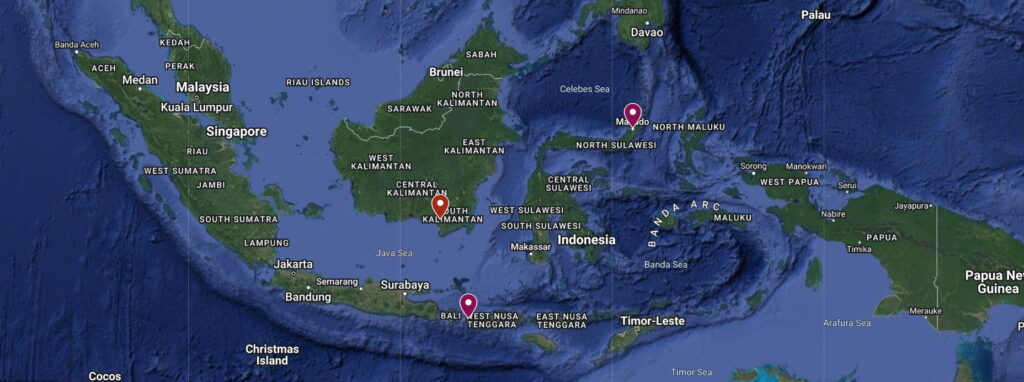
Mentoring activities were carried out in 3 cities:
- Mataram
- Manado
- Banjarmasin
